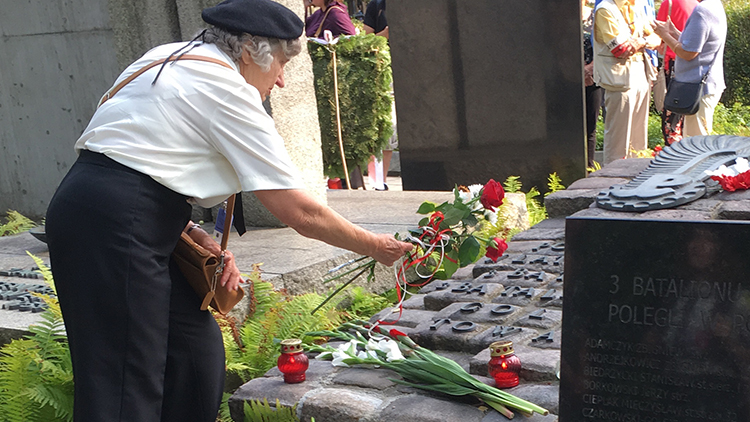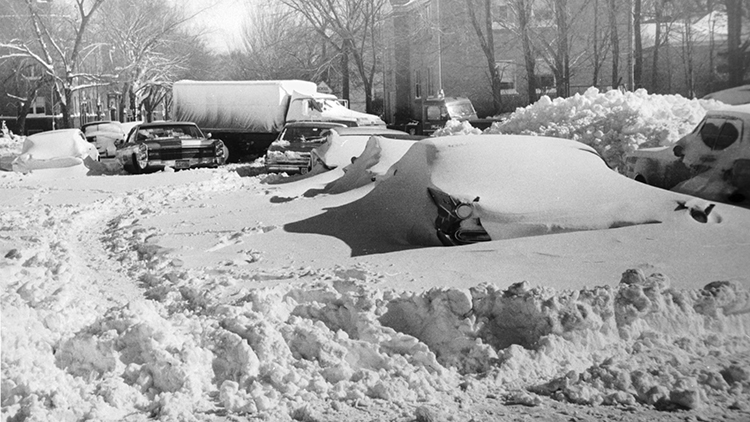
January 27 is International Holocaust Remembrance Day. It’s a day to remember the tragedy of the Holocaust during the Second World War. On this day, we also think about heroes of World War II, those who risked their lives to help people and places under attack.
Waclawa Zak was born in Poland in 1928. As a young girl, her life was like many young girls today. She went on vacations with her mother, father, and her older brother. She joined the Girl Scouts when she was six years old. She and her friends learned how to find their way in the woods just outside of her town of Warsaw. The girls were taught to respect other people and to love their country. But the Girl Scouts’ activities changed greatly when the Nazis invaded Poland in 1939. Mrs. Zak can remember hearing the warnings over the radio with the unexpected news of the bombing of Warsaw.
In the fall of 1940, the Nazis created a ghetto in Warsaw. They packed a huge population of Jewish people into a small place in the city. The conditions in the ghetto—little food, extreme overcrowding, and unhealthy conditions—led to thousands of Jews’ deaths. Inside the ghetto, residents resisted the Nazis. They recorded Nazi crimes against Jews. Some fought against the Nazis to resist being sent to prison camps in Poland.
While Jews were confined to the horrible conditions of the ghetto, some residents of Warsaw tried to help them. Waclawa and her family were among those who were part of an “underground” organization. They were not under the ground. “Underground” means that they conducted activities in secret. The Girl Scouts learned how to treat people with injuries and how to help people find safe places to stay. Waclawa’s father published secret newspapers to share news around the city and to help organize other resisters. Her mother brought food to the ghetto and passed it through the fences. Waclawa’s older brother transported guns to resisters. He was caught by German police and sent to a concentration camp [place where large numbers of people are imprisoned] called Auschwitz. Fortunately, he survived his time in the camp and was freed after the War. The family became very involved in the underground resistance effort. As Waclawa said, “Times were changing, and we were changing with it.”
The resistance efforts led to a revolt. In August-October, 1944, Polish fighters in Warsaw tried to push the German army out of the Warsaw and take control of the city. The fighting went on for 63 days. During that time, Waclawa cared for people injured in the fighting. She was 16 years old, and she said about the time, “You think about surviving and taking care of the people.” The uprising was not successful. The factions of the Polish army gave up when they ran out of supplies. The German army destroyed the city of Warsaw. Its residents fled or were sent away. Waclawa was separated from her parents. Eventually, the Red Cross united the entire family. Waclawa went on to attend college, marry, and move to the United States. Today, Waclawa lives in Wisconsin. Her older brother lives in Chicago. They both share their stories of the horrors they witnessed in Warsaw and of the people who tried to help them.
What Do You Think? Imagine that you could meet Waclawa Zak. What would you want to ask her about living in Warsaw during World War II?
TEXT: Waclawa Zak, interview by Jillian Zak Chandler, December 23, 2019. PHOTO: Jillian Zak Chandler;



